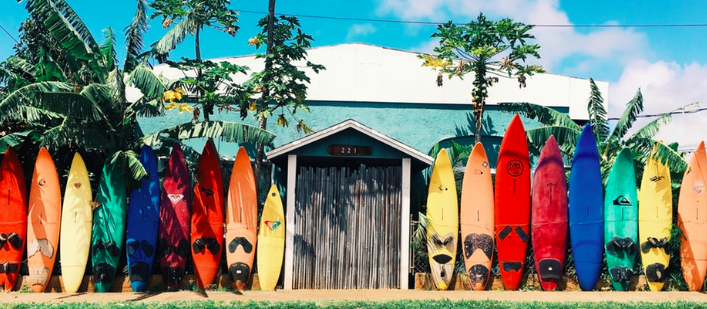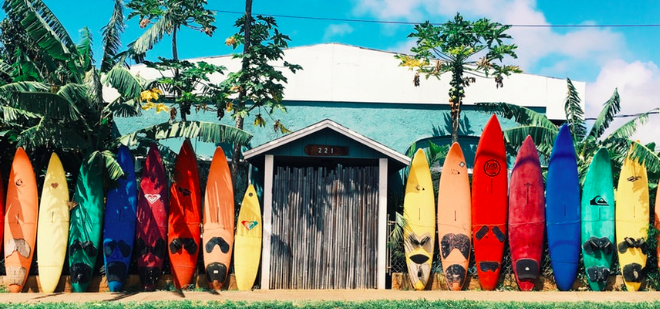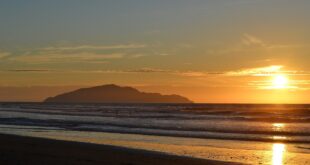Kiwis on the move don’t usually stay in backpackers’ accommodation.
Motels, hotels, camping grounds, or a friend’s bach – that’s fine; but backpackers’ places tend to be snubbed, probably because we’re inclined to think they’re frequented by sandal-wearing, smelly, uncouth international tourist kids bumming their way round the country and living life on the cheap.
That’s probably right some of the time, but when those same kids have had a hot shower or a dip in the backpacker pool, they have a great deal of pleasant talk and information to offer, and they’re very enjoyable company.

They are usually individualistic, enterprising and self-confident, frequently multi-lingual, and imbued with a fair intelligence, often having just completed a university degree in their home country and now giving themselves a few months of time out after having spent most of the past two decades gaining an education. Almost always they are lots of fun and an education in themselves.
Seth, for instance, rocked up at one of the numerous backpacker places in Rotorua recently, having just completed an engineering degree. He was chirpy as a sparrow, introducing himself to all and sundry as he breezed into the communal kitchen, barefoot, ginger hair and beard looking wondrously unkempt, and with a totally disarming smile.
He was built like a piece of raw spaghetti, spoke with a couth English accent, and had been mooching round New Zealand for a fortnight after spending a week in Hawaii on the way out.
Backpackers such as Seth live on the most frugal of fare, and his dinner that evening was a magnificent creation utilising very modest ingredients.
He half-filled a saucepan with water, and while it came to the boil he munched on an instant noodles slab. When the water was ready he dumped in the remaining noodles, adding two handfuls of coarsely-chopped broccoli and carrot. I offered a half-dozen surplus snow peas, which were immediately flung into the pot.
With absolute charm he “borrowed” my salt and pepper, adding generous portions of each to his brew. The pepper especially he used as though he was preparing a master curry, while the salt he poured into the palm of his hand, trickled some into the pot and then flicked the rest over his shoulder – “over the left shoulder and you hit the devil in the eye,” he advised.
He boiled the brew for five minutes, then scoffed the lot, including the thin soup, straight from the saucepan. Not much of it was caught in his beard, and most of that was eventually regained for purposes of consumption.
After a quick round of handshakes he was gone to his bed “for an early night – I’m doing a Kiwi Experience bus-tour to Waitomo early tomorrow, black-water rafting, 30-metre abseil, that sort of thing. Then I’m off to the South Island”.
Tom, also cooking, was English too, travelling with his girlfriend Cynthia, and he was stout in his belief that he knew how to boil potatoes. He also borrowed the salt, principally to show Cynthia that he could multi-task in the kitchen.
The resultant meal was watery mashed spuds, steaming baked beans and precooked and now well-burned sausages that looked like stumpy strips of alkathene pipe. The pair munched through it with relish.
Three young inevitably-blonde girls from Denmark sat at the long table, playing cards and dealing to a 12-pack of Steinlager with obvious and practiced ease, all the while chattering and laughing in a flamboyant mix of English and Danish.
Another small team of five Latin Americans worked quickly and rather wildly, putting together a meal that included large quantities of pasta, strips of fried chicken, steaming green beans and a salad.
To the uninitiated ear their back-and-forth talk sounded like staccato bursts from a Harley-Davidson exhaust, but they were obviously enjoying themselves. Only a relatively small amount of their food was left smeared across the table when they moved on.
And there’s a thing that maybe Kiwis find tough to cope with at a backpacker lodging. It was put succinctly and delightfully by the cleaning lady later that evening: “Some of these kids must believe they’ve got their mothers along with them on their OE,” she said with great resignation as she surveyed six metres of bench and two large sinks overflowing with grubby dishes and greasy cutlery all stacked any old how.
To the average Tidy Kiwi it looks like a pig’s breakfast, and in some backpacker places that’s standard every day.
Yet at the Skotel backpacker lodge at Whakapapa in Tongariro National Park, it’s the exact opposite.
There the kitchen is compact, spartan in its utensils, but always clean and tidy, in spite of the clientele being almost identical.
A young German couple was chatty and delighted to meet a Kiwi or two after spending three weeks in the country. They cooked the standard breakfast of pasta-and-chopped-greens soup, asked questions about various New Zealand tourism hot-spots, washed, dried and stowed the cooking gear, and headed out to go hiking.
A pair of young Brits acted identically, and a laughing octet of middle-aged Koreans, complete with all the best in outdoor equipment and very slick in their food preparations, put together a magnificent meal of noodles, chicken, vegetables and spices that made the rest of us sag a little over our own efforts.
They did their own and anyone else’s dishes that needed doing, and left the kitchen spotless, and Denise, an elegant, well-organised and long-practiced backpacker, nodded in quiet approval as she sat at the table and ate.
She was the only other Kiwi apparent, and as a regular user of backpacker places around the country, she has some special stories to tell. She says staying in such places is always a delight for her – mostly she finds them inexpensive, available, adequate and invariably filled with interesting people.
She cooks her dinner early to avoid the rush, eats sensibly, knows all the walks and places to visit, and freely passes on such knowledge and other good backpacker advice to international travellers.
Jean was such a traveller, a pint-sized, bubbly Northamptonshire woman belatedly on her OE and “looking for a New Zealand sheep-farmer husband”. She latched on to Denise quickly and picked her brain extensively.
“All my family and kids and friends said I was mad to go all the way out here on my own, but I’m having a marvellous time. I’ve got a rental car and I’m off to Napier tomorrow, then up to Rotorua for New Year’s Eve, then on to New Plymouth the next day, then down to Wellington.
“I want to see Te Papa, then get the ferry over to Picton …”, all in a voice thick and rich as a jar of malt.
She too, like the three American lads – quiet, polite and big units all – used the kitchen and left it clean and neat.
And lodge-keepers and tourism operators should take note: all of the travellers – those in Rotorua and at Whakapapa, and no doubt elsewhere – swap brutally honest gossip about other backpacker places, methods of transport and tourist attractions: what’s good, what’s filthy, what’s a rip-off, where to find things, the good deals and the bad.
For a Kiwi, backpacker lodges are seats of considerable insight and learning on how others see us, our country and our culture.
At about $50 a night for a room, it’s cheap and enjoyable entertainment.
By Kingsley Field








Join the Discussion
Type out your comment here:
You must be logged in to post a comment.